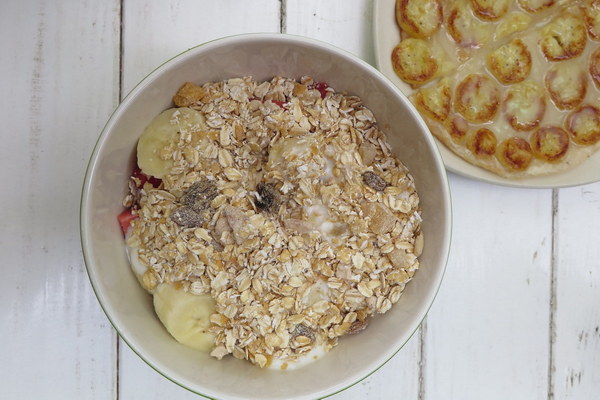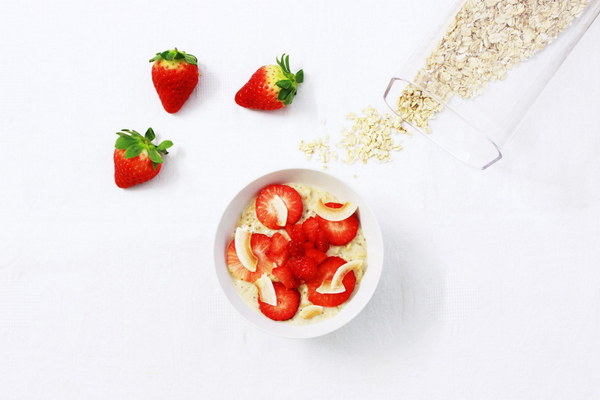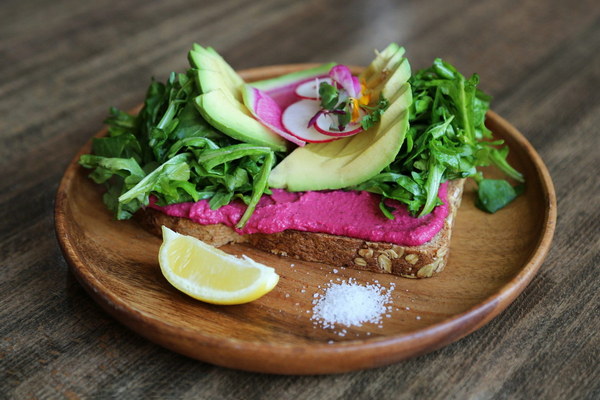Nourishing Baby's Growth A Delightful Showcase of Baby Food Supplements
In the realm of parenting, the journey to nurturing a healthy and robust child begins with the right nutrition. As babies grow, their dietary needs evolve, and introducing a variety of nutritious foods becomes crucial. This article takes you through a delightful showcase of baby food supplements, highlighting the essential ingredients that contribute to a baby's healthy development.
Introduction:
The transition from mother's milk to solid foods is a significant milestone in a baby's life. It's a time when parents must carefully select the right foods to ensure their little ones receive the necessary nutrients for growth. Baby food supplements play a vital role in this process, offering a balanced blend of vitamins, minerals, and other essential nutrients that can't always be found in a baby's regular diet.
The Importance of Baby Food Supplements:
Baby food supplements are designed to complement a baby's diet, ensuring that they receive a full spectrum of nutrients essential for healthy development. These supplements can help address nutritional gaps, support immune system development, and provide the building blocks for strong bones and muscles.
A Showcase of Nutritious Baby Food Supplements:
1. Iron-Fortified Cereal:
Iron is a crucial mineral for babies, as it aids in the development of red blood cells and prevents iron deficiency anemia. Iron-fortified cereals are a great source of this vital nutrient, often enriched with other vitamins and minerals to promote overall health.
2. Vitamin D-Fortified Formula:
Vitamin D is essential for calcium absorption, which is vital for healthy bones and teeth. Vitamin D-fortified formula ensures that babies get enough of this nutrient, especially if they are not exposed to sunlight regularly.
3. Omega-3 Rich Oils:

Omega-3 fatty acids, particularly DHA (docosahexaenoic acid) and EPA (eicosapentaenoic acid), are essential for brain development. Adding omega-3-rich oils, like those derived from fish, to a baby's diet can have long-term benefits for their cognitive and visual development.
4. Probiotics and Prebiotics:
Probiotics are live microorganisms that promote a healthy gut, while prebiotics are food sources for these beneficial bacteria. Including probiotics and prebiotics in a baby's diet can help establish a balanced gut microbiome, which is crucial for digestion and immune function.
5. Zinc-Rich Foods:
Zinc is an essential mineral that plays a role in growth, immune function, and wound healing. Foods rich in zinc, such as meat, poultry, and legumes, can be a great addition to a baby's diet to support their overall health.
How to Introduce Baby Food Supplements:
Introducing baby food supplements should be done gradually and in consultation with a pediatrician. Here are a few tips for incorporating these supplements into your baby's diet:
- Start Small: Begin with small portions and gradually increase the amount as your baby becomes accustomed to the new food.
- Mix with Familiar Foods: Combine supplements with foods your baby already enjoys to make the transition smoother.
- Be Patient: It may take some time for your baby to accept new foods, so be patient and persistent.
Conclusion:
The journey of feeding a baby is both exciting and challenging. By incorporating a variety of baby food supplements, parents can ensure their little ones receive the essential nutrients they need for healthy growth and development. From iron-fortified cereals to omega-3-rich oils, these supplements are a valuable addition to a baby's diet, helping them thrive in every aspect of life.









